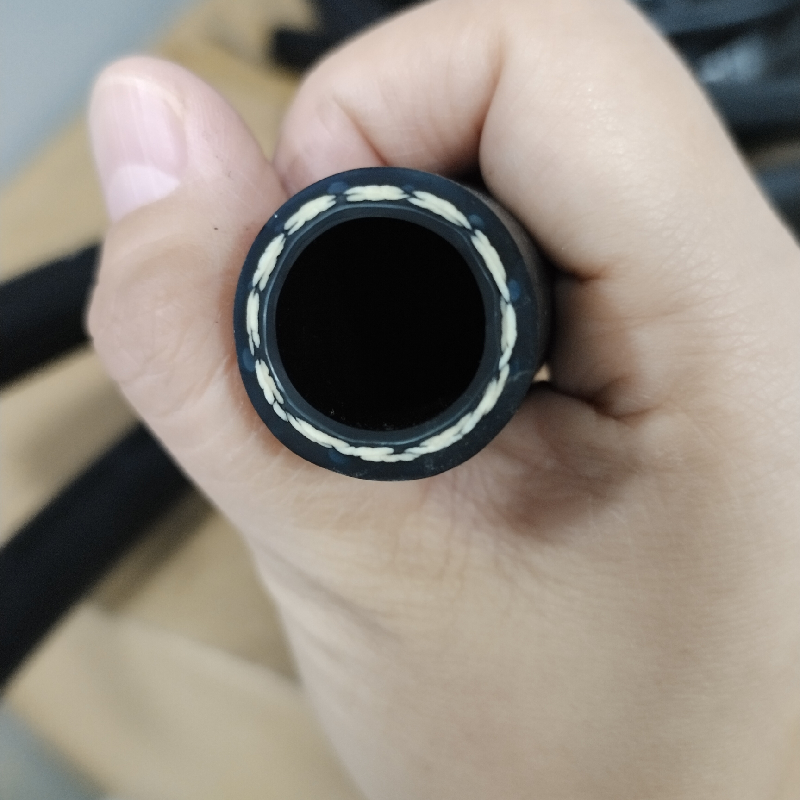hydraulic oil hose
Nov . 24, 2024 18:22 Back to list
hydraulic oil hose
The Importance of Hydraulic Oil Hoses in Modern Machinery
Hydraulic systems play a crucial role in various industries, including construction, manufacturing, and automotive. At the heart of these systems are hydraulic oil hoses, which serve as the vital conduits for transmitting hydraulic fluid. Understanding the significance and functionality of hydraulic oil hoses can help ensure optimal performance and safety in hydraulic applications.
Hydraulic oil hoses are designed to withstand high pressures and extreme temperatures, making them essential for efficient hydraulic fluid transfer. These hoses are constructed from durable materials, such as synthetic rubber, reinforced with layers of textile and steel, which enhance their strength and resistance to abrasion and damage. This robust construction enables hydraulic hoses to handle the demanding environments typically found in heavy machinery.
One of the primary functions of hydraulic oil hoses is to transmit hydraulic fluid from one component to another, enabling the operation of various machinery. For instance, in an excavator, hydraulic oil hoses connect the pump to the hydraulic cylinders, facilitating movement in the boom, arm, and bucket. Without reliable hoses, these machines would not be able to operate effectively, leading to decreased productivity and potential operational hazards.
hydraulic oil hose

In addition to their transmission capabilities, hydraulic oil hoses also contribute to the overall safety of hydraulic systems
. Properly designed and maintained hoses can prevent leaks, which could lead to environmental contamination or pose hazards to operators. Regular inspections for wear and tear, such as cracks or bulges, are essential in identifying potential issues before they escalate. It is also critical to use hoses that match the specifications of the hydraulic system, ensuring compatibility and reliability.Maintenance is a vital aspect of ensuring the longevity and performance of hydraulic oil hoses. Operators should follow manufacturer guidelines regarding replacement intervals and perform routine checks for signs of deterioration. Keeping hoses clean and free from contaminants is also crucial, as dirt and debris can cause blockages and impede fluid flow.
Another factor to consider is the proper installation of hydraulic oil hoses. Incorrect fittings or improper routing can lead to kinking or undue stress, which can compromise the hose’s integrity. Professionals should be tasked with installation to ensure all components work harmoniously within the hydraulic system.
In conclusion, hydraulic oil hoses are indispensable components that facilitate the smooth operation of hydraulic machinery. Their ability to withstand high pressures and harsh conditions makes them vital for various applications. By prioritizing maintenance, adhering to proper installation practices, and using high-quality hoses, operators can enhance safety and efficiency within their hydraulic systems. As industries continue to evolve, the role of hydraulic oil hoses will remain crucial in ensuring the productivity and reliability of modern machinery.
